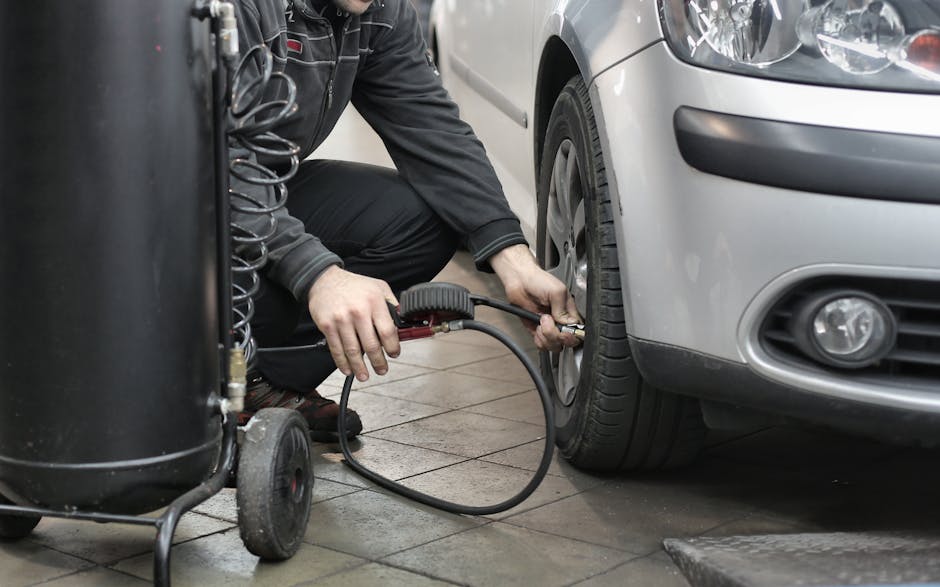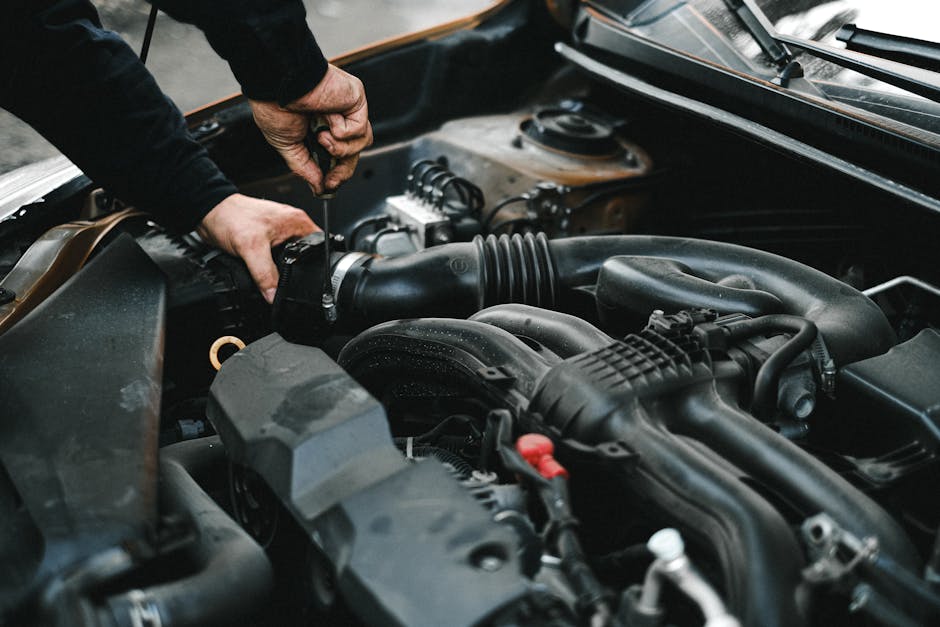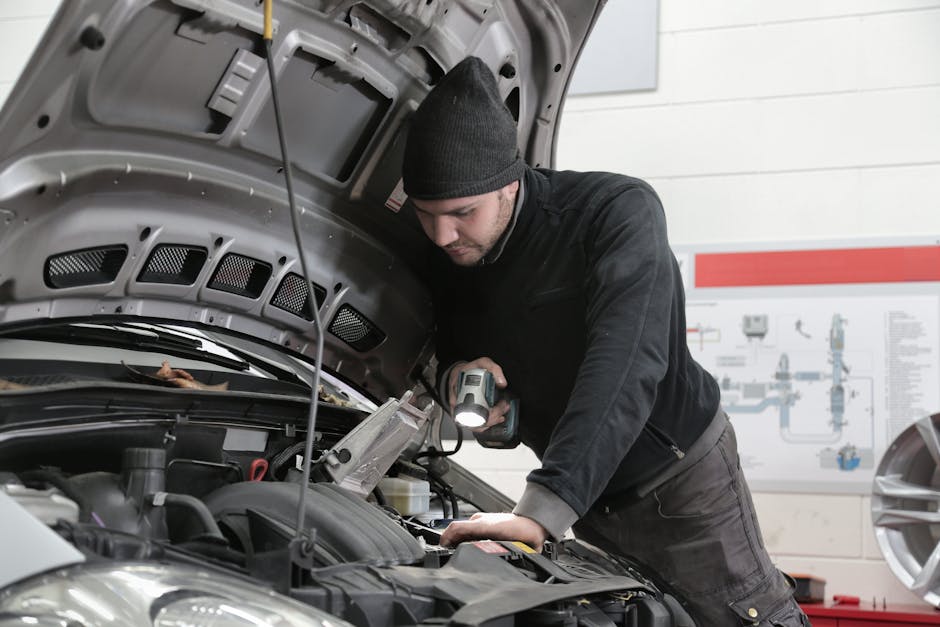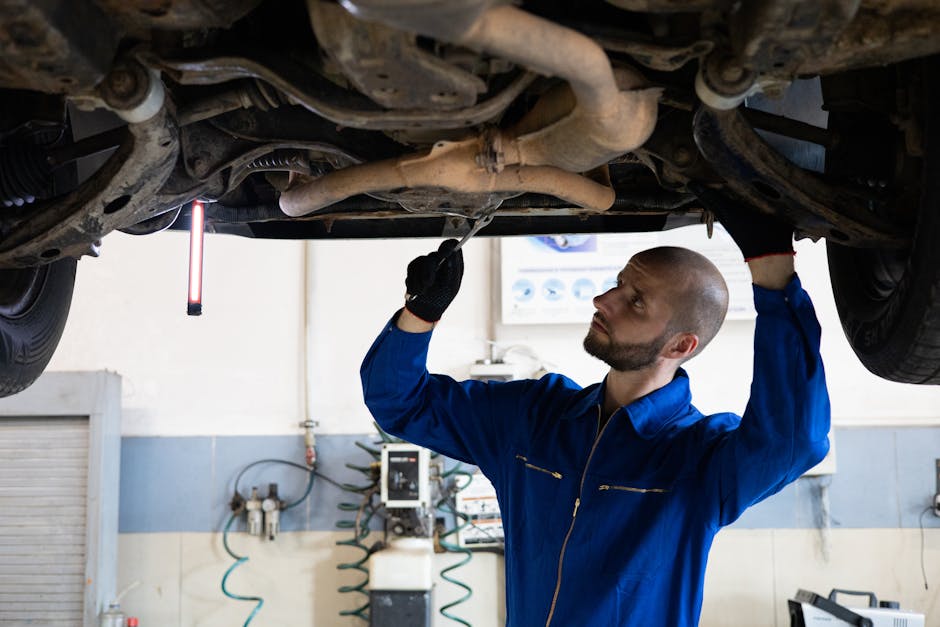Essential Tips for Checking Your Car’s Fluids
Have you ever wondered how often you should check your car’s fluids? It’s a simple task that can save you from costly repairs down the road. Regular checks can keep your car running smoothly and safely. Lets dive into the basics of car fluids, why they matter, and how to check them.
Why Are Car Fluids Important?

Car fluids play a crucial role in your vehicle’s performance. They help keep everything running efficiently. Think of fluids as the lifeblood of your car. Each type has a specific job, and neglecting them can lead to serious issues.
- Engine Oil: Lubricates and protects engine components.
- Coolant: Prevents the engine from overheating.
- Brake Fluid: Enables effective braking performance.
- Transmission Fluid: Keeps your transmission operating smoothly.
According to the National Highway Traffic Safety Administration, regular maintenance can improve your vehicle’s lifespan by up to 50%. don’t ignore your fluids!
When Should You Check Your Car’s Fluids?

How often should you check your car’s fluids? A good rule of thumb is every month. However, if you notice any changes in your car’s performance or hear unusual sounds, check them sooner. Here are some key signs that indicate it’s time to take a look:
- Engine overheating
- Strange noises when you start the engine
- Brake warning light on the dashboard
- Fluid leaks under your car
Checking your fluids regularly is like going to the doctor for a check-up. It helps catch potential problems early.
How Do You Check Your Car’s Fluids?

Now, lets get hands-on! Heres a step-by-step guide to checking the most important fluids in your car.
1. Checking Engine Oil
Why is engine oil so important? It keeps the engine parts lubricated and prevents wear. To check the oil:
- Park your car on a level surface.
- Turn off the engine and wait a few minutes.
- Pull out the dipstick and wipe it clean.
- Reinsert it and pull it out again to check the level.
Make sure the oil level is between the “min” and “max” marks. If it’s low, add the right oil type as recommended in your owners manual.
2. Inspecting Coolant Levels
Coolant helps keep your engine from overheating. Heres how to check it:
- Locate the coolant reservoir; it’s usually a clear plastic tank.
- Check the level against the marks on the side.
- If it’s low, add a 50/50 mix of coolant and water.
Always check coolant when the engine is cool to avoid burns.
3. Checking Brake Fluid
Brake fluid is vital for your safety. Heres how to check it:
- Find the brake fluid reservoir, often near the back of the engine bay.
- Look at the level through the translucent container.
- If it’s below the min line, add the recommended brake fluid.
Keep your brakes in top shape; your safety depends on it!
4. Inspecting Transmission Fluid
Transmission fluid keeps your car’s gears shifting smoothly. Here’s how to check it:
- Start your engine and let it warm up for a few minutes.
- With the car in park, pull the dipstick out and wipe it clean.
- Reinsert it and pull it out to check the level and condition.
If it’s low or dirty, it’s best to consult a mechanic.
What About Other Fluids?

While oil, coolant, brake, and transmission fluids are the most critical, don’t forget about others, like:
- Power Steering Fluid: If steering feels stiff, check this fluid.
- Windshield Washer Fluid: Keep your visibility clear.
Checking these fluids can enhance your driving experience.
Common Questions About Car Fluids
How Do I Know Which Fluids to Use?
Always refer to your cars owner manual. It lists the recommended fluids for your specific make and model. Using the right fluids is crucial for your vehicle’s health.
Can I Mix Different Fluids?
Generally, you should not mix different types of fluids. For example, mixing brake fluid types can lead to brake failure. Stick to what’s recommended.
How Do I Spot a Fluid Leak?
Look for puddles under your car. Different colors can indicate different fluids:
- Brown or Black: Engine oil
- Green or Pink: Coolant
- Red: Transmission fluid
- Yellow: Brake fluid
If you notice leaks, it’s time to see a mechanic.
Conclusion: Take Charge of Your Car’s Health
Checking your cars fluids isn’t just a chore; it’s a key part of vehicle maintenance. Regular checks can extend your cars life and save you money in the long run. Start making it a habit to inspect your fluids every month.
Remember, your car’s health is in your hands. By keeping an eye on these vital fluids, you ensure a safer and smoother ride. For more tips on car maintenance, check out this post.



